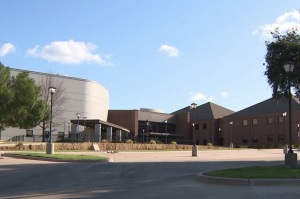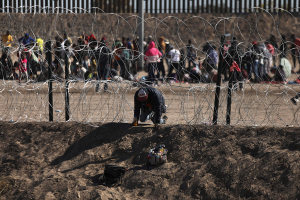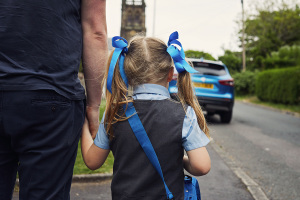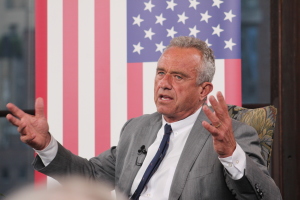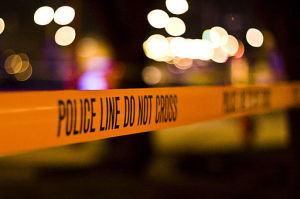More Christians Shot for Their Faith; Time to Tone Down the Hateful Anti-Christian Rhetoric?

On Anastasia Boylan's fourth day in the Writing 115 class at Umpqua Community College in Roseburg, Oregon, an armed man wearing body armor shot the professor and demanded that any of the cowering students who were Christians stand up.
Boylan was among those who did so, and the gunman shot her. She fell, wounded, and then pretended to be dead. Then she heard the shooter say to another student, "Good, because you're a Christian, you're going to see God in just about one second." Anastasia is in the hospital now, recovering.
This report comes from one of her parents. Others have reported that according to Mercer's online writings, he "hated religion." Nine people, plus the shooter, died that morning.
In a time when followers of Christ in other parts of the world are beheaded or crucified for their faith, or driven out of their homelands as refugees, some Christians in the West have been far too quick to use the word "persecuted" to describe the decreasing tolerance for Christianity and Christian conviction in the public square. And yet the shooting in Roseburg reminds us that, as Paul told Timothy, anyone who wishes to follow Christ in this world will face hardship.
Now some critics have dismissed the idea that a mass shooting targeting Christians could even happen in America, and some have questioned the report that the Oregon shooter targeted Christians as the eyewitnesses have reported.
Ed Stetzer, my friend and co-host for "BreakPoint This Week," offered very helpful guidance in a column published last week in USA Today.
In it, Ed, who is also the Vice President of Research at Lifeway Christian Research, acknowledges that not every report of Christians being targeted turns out to be true. Nonetheless, Christians and churches have been targeted in incidents in Fort Worth, Colorado Springs, and in Charleston in recent years. In fact, Lifeway maintains a research database for church shootings, as does the FBI. The point is, these things do happen, and Ed offers then what we ought to do.
First, Christians need to be ready to stand, to "give an answer for the hope that we have." Indeed, if the unthinkable happens, are we prepared to give an account of our faith as Anastasia Boylan did?
And second, we need to be quick to forgive, as our brothers and sisters in Charleston incredibly demonstrated earlier this year. Their response made a jaded nation sit up and take notice.
"When evil came knocking, forgiveness answered," as Ed wrote. "The entire nation was touched by the words of victims' family members toward Dylann Roof just days after that awful tragedy, offering forgiveness and the gospel they knew."
Third, we have to trust God in the face of inscrutable tragedy.
"Evil is real and terrible," Ed writes, "and God does not give us all the answers — but He does give us Himself. And in times like this, God is all we have, and He is enough."
As Camden McAfee said in the wake of Roseburg, "… what sets Christians apart from the rest of the world is our unshakable hope in a sovereign God who means all things for good — especially life's most painful things."
Finally, we must call for justice amid tragedy. Ed had some gentle, yet firm, words for society at large.
"I understand the United States' cultural tension in which Christian-held values do not always align with current popular opinion," he writes. "But the truth is, the irreligious in our culture must de-escalate hateful rhetoric toward Christians, no matter how vehement the disagreements between us."
Ed calls on all sides to tone it down so that we can move toward a more just society.
"I am not saying we don't criticize," he writes, "but we must not demonize. When we demonize others — Christians, Muslims, gays, African-Americans or whomever — we give mentally unstable or hate-filled people additional justification to kill."
That's a good word in USA Today from Ed Stetzer.
This article was originally posted here
















